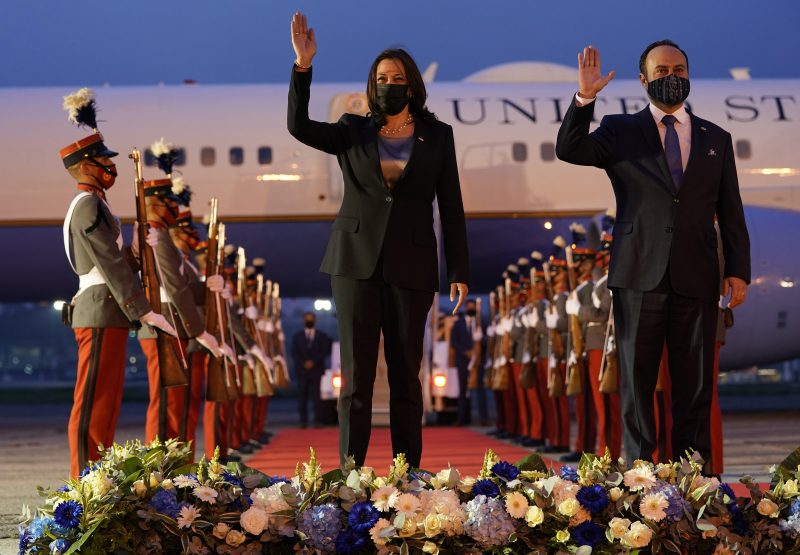In the realm of immigration and border issues, Vice President Kamala Harris has been under scrutiny for her actions and statements. Harris, who was appointed by President Joe Biden to lead diplomatic efforts with Mexico and Central American countries to address root causes of migration, has faced criticism for not visiting the U.S.-Mexico border and for what some perceive as a lack of tangible progress in addressing the complex challenges facing the region.
One notable action that Vice President Harris took was her announcement of a commitment of over $300 million in aid to Central America. This investment aimed at addressing the root causes of migration by addressing issues like poverty, violence, and lack of economic opportunities that drive people to seek better lives in the United States. This move was seen as a step in the right direction towards addressing the underlying factors contributing to the migration crisis.
However, critics argue that Harris has not done enough to address the immediate challenges at the border, such as the surge in arrivals of unaccompanied minors. The Vice President faced backlash for not visiting the border to see the situation firsthand, with some accusing her of being out of touch with the realities on the ground. While Harris has emphasized the need for a comprehensive approach that goes beyond just border security, her absence at the border has been a point of contention.
Moreover, some have pointed out that the Biden administration’s approach to immigration has been inconsistent, with a mix of stricter enforcement policies and rhetoric compared to promises of more humane treatment for migrants. This perceived lack of clarity and coherence in the administration’s messaging has added to the criticism faced by Vice President Harris in her role leading diplomatic efforts on immigration.
Despite these challenges and criticisms, Vice President Kamala Harris continues to emphasize the importance of working with international partners to address the root causes of migration and build a more sustainable and humane immigration system. While her approach may not satisfy all critics, Harris remains committed to finding long-term solutions to the complex issues surrounding immigration and border security.
